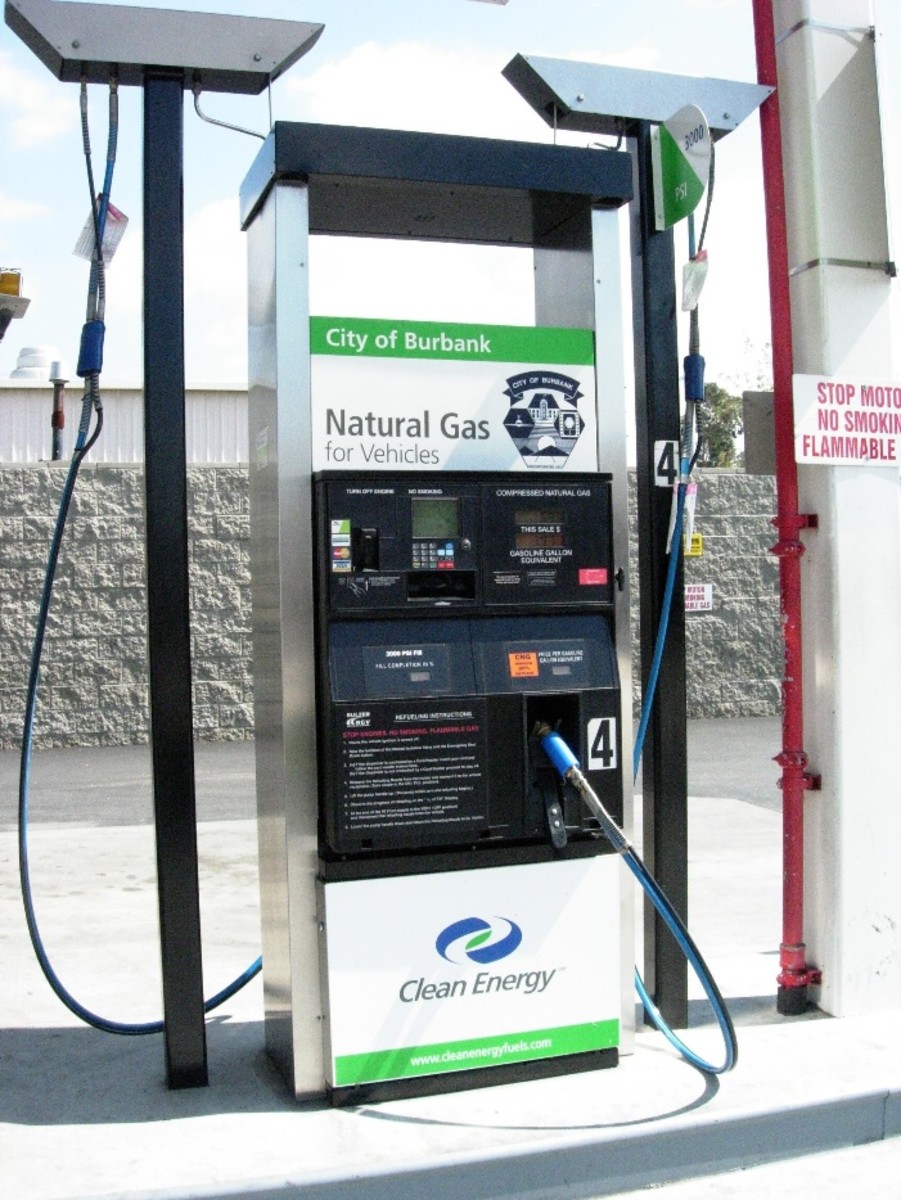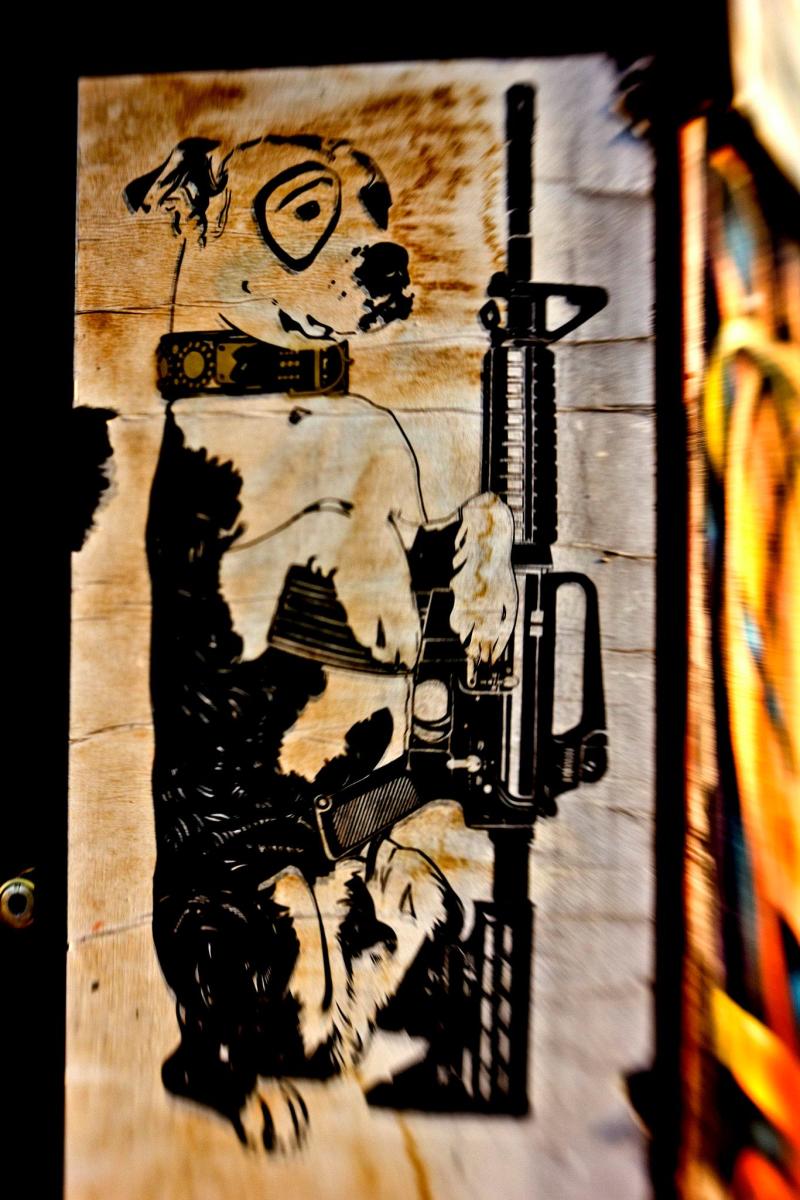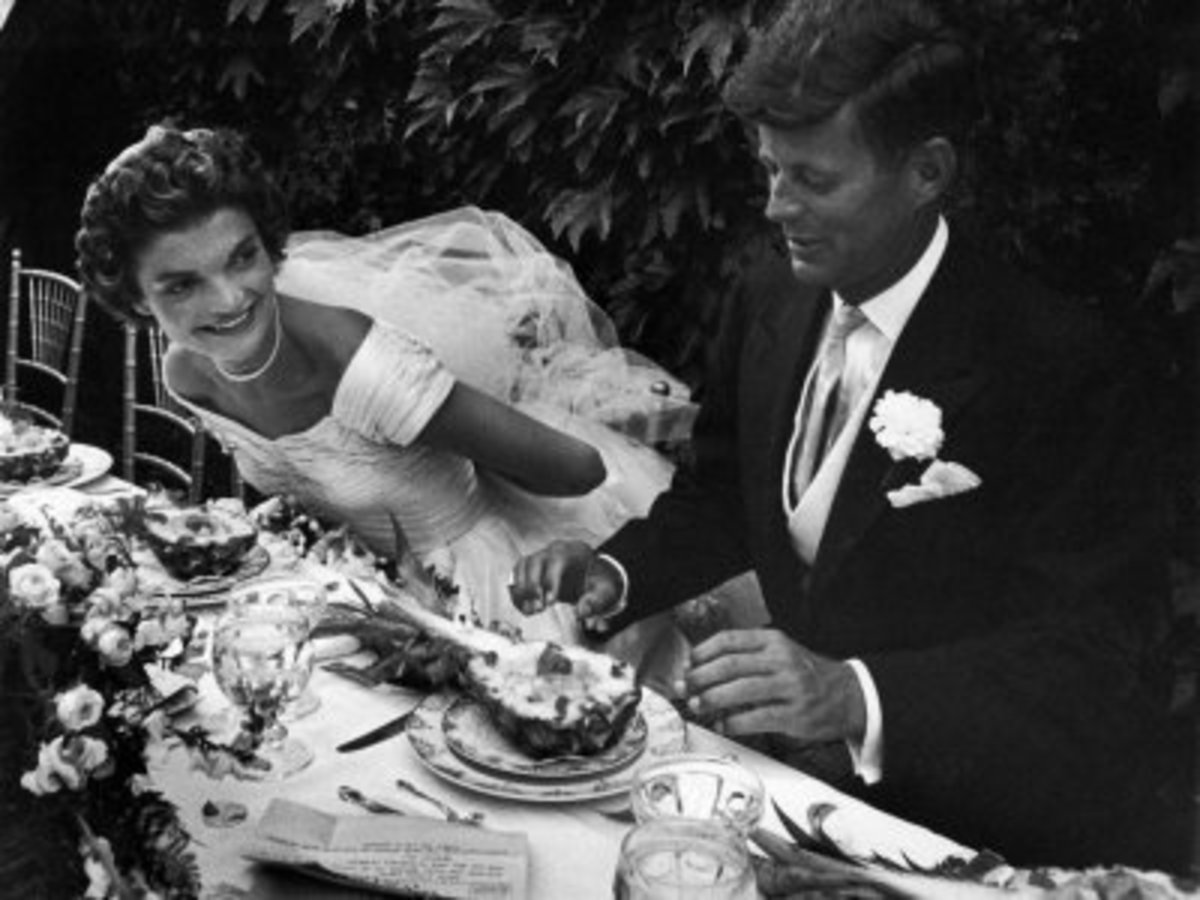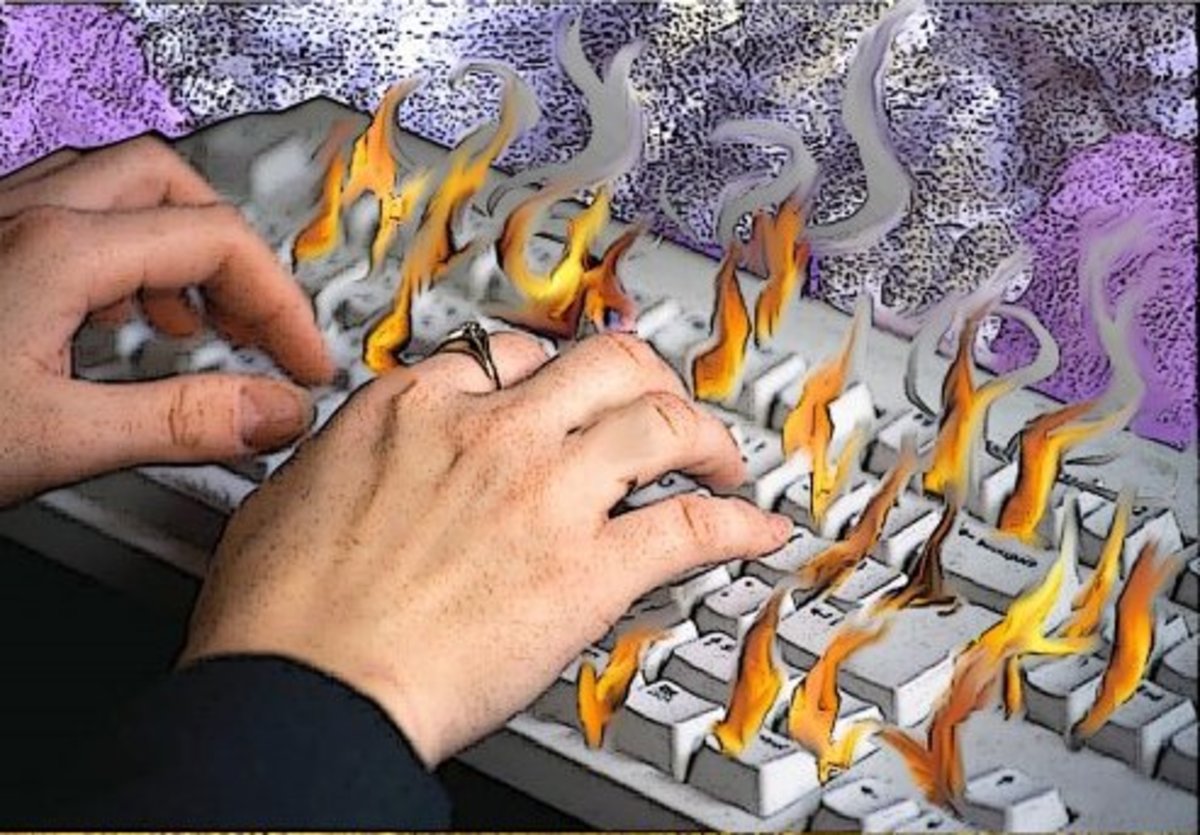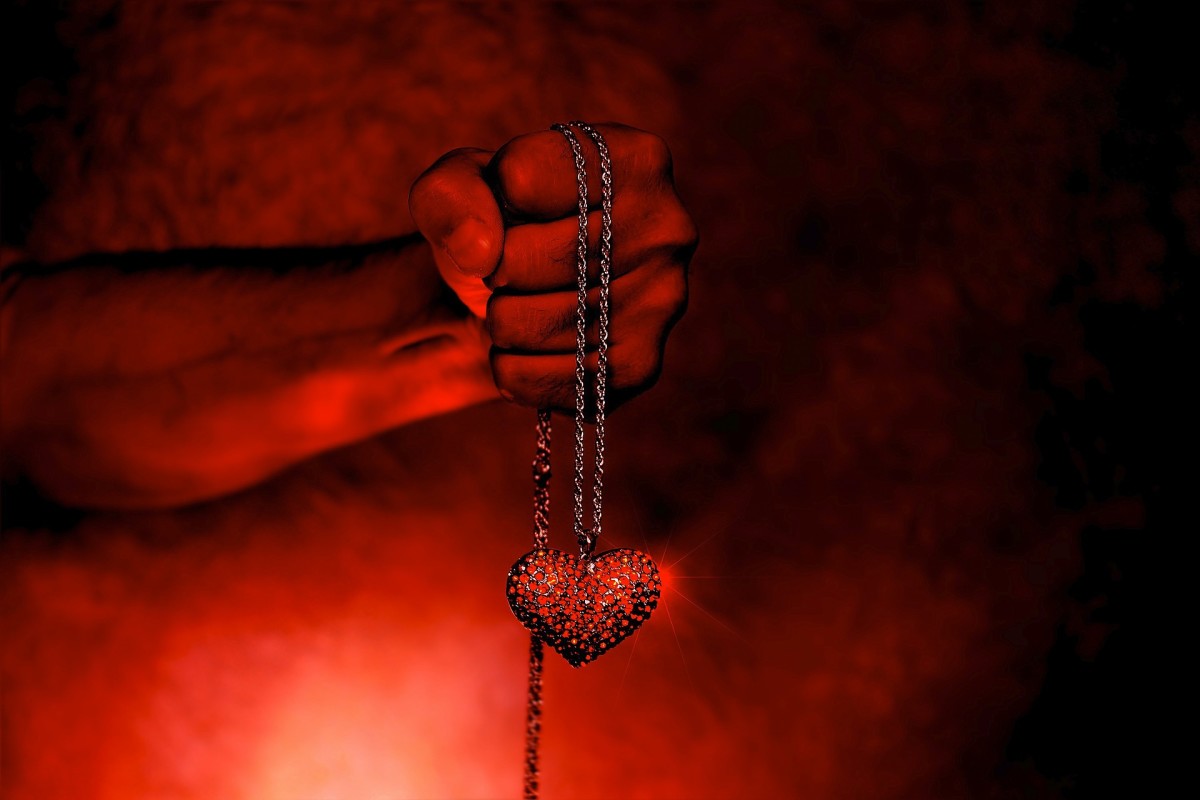Viral Implosion - chapter one
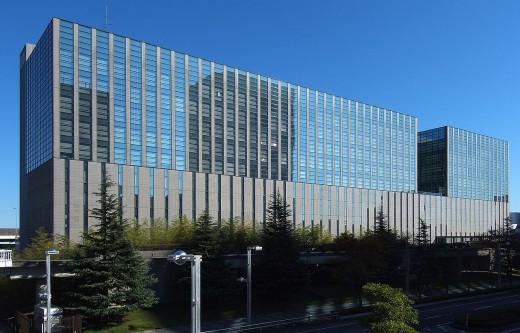
It started with Big Business, controlling six terms of Republican administrations and boycotting Democrat initiatives. They managed to repeal a lot of legislation, such as that which restricted banks from working across state lines, and laws against monopolies. Now one company can own all kinds of media, from press to radio to television to movies to Wi-Fi. They can control what news you get no matter how you get it. Such legislation originally may have violated the tenth amendment, but since it infringed on large companies’ profits and their ability to hide the same from the public, the amendment was left to answer to the Supreme Court. Along with helping big business gain control, laws needed to be repealed which protected workers.
The ACLU could do no more than support existing laws, which were dwindling in numbers day by day. The mom-and-pop companies were closing one by one as taxation kept increasing to pay the specialty bills tacked on to every piece of legislation passed, conning voters into thinking that their senators and representatives were busy fighting for their states and constituencies. With control of most of the media, voters heard more about what was being done “for” them than “to” them.
Banks started playing games with their monies, and lent to people that couldn’t support their mortgages, in the hopes of gaining control of the real estate industry. They presented themselves as the generous souls who wanted everyone to own a home, while hiking up mortgage rates. Interest rates kept climbing. Eventually people were losing their homes and real estate bottomed out. Realty investors had the cash to buy property on short sells and hold them until the market gained its footing again.
Global companies and enterprises began hiring only contractors with no benefits. This made stockholders very happy. They now had a cache of expendable employees that could be fired without cause if the company needed the money. There were still laws protecting retirement funds, but not retirement benefits – which started shrinking as medical costs rose faster than inflation. Political action committees such as AMA, oil and NRA started pouring money into legislators who turned a blind eye to their actions. Again, media presented only slanted information, sometimes just because they didn’t understand what was happening.
American automobile companies were fighting the government’s laxity with Japan and other Far East countries. Detroit was union-strong and Democratic. The Detroit companies tried to compete by dropping models and variety as well as quality. While Detroit fought for survival, Big Business created an undertow that eventually drowned the automobile manufacturing industry. Only one American company survived. The opportunity to break the unions of the others was ripe.
The oil companies were perhaps the cruelest. They managed to thwart the development of electric, hydrogen and hybrid cars for decades. Whenever OPEC was planning to meet, gas prices welled up even before there were any conclusions from OPEC. The United States government tried to move as much gas supply as possible to domestic companies. The promise of the Alaskan oil pipeline benefited only the Alaskans. Prices continued to soar. Home furnaces still relied on heating oil; switching to natural gas became illegal, and the home gas prices of existing abodes were increased concurrently with oil so that there was no advantage to having a home heated or cooking with gas. This kept real estate prices of homes more consistent.
All of this caused a “recession”, a word denied for four years, until a democratic administration was in place to blame. The rich got rich and the middle class disappeared completely. The poor, the majority, had little recourse and those avenues of help were drying up quickly, either through legislation or centralization of money.
Retired persons were no longer on a fixed income – the income was actually shrinking. Income tax became flat – 30% for all – and even those on Social Security were paying it. The poor had no more tax breaks.
When a child graduated high school, there were no funds to go to college, and the only work he could get was for minimum wage. Rents were increasing rapidly, as landlords realized that people couldn’t afford to get their own homes any more. So children didn’t leave home; they couldn’t afford their own places, and their parents needed help with the mortgage. Pretty soon houses were as overcrowded as prisons. Cars and rides were shared. Food and medical expenses kept growing, unlike the drop during the Great Depression.
Federal funding for education also shrank. State schools closed one by one. Only those prestigious colleges and universities with strong alumni support survived. Community colleges and technical colleges closed their doors. Only children of the rich could afford to attend higher education. Colleges had to open their arms to the finances rather than the intelligence of the prospective students.
Fine arts suffered along with everyone else. Only large organizations such as the Metropolitan and New York Philharmonic still performed. The National Endowment for the Arts was one of the first ‘overhead’ agencies to be discontinued.
Transportation had to be balanced out to fit these needs. Tax breaks were given for independent truck drivers, again to break unions. Trains became product movers instead of people movers. In order to get the poor to work, however, some leniency had to be made, and this was done with lower fares on the bus lines, since fewer people could afford their own cars or gas. Subways in the cities were still available. Taxis virtually disappeared as buses were offered even to the rural areas. The wealthy few used ‘personal taxis’, which were compact limousines.
The industrial/military/political complex was alive and well, breathing in smog and exhaling tear gas. People in the military who supported corporations and right-wing politics by voice or force found guaranteed positions upon retirement, high enough to continue the conservative control. Children of corporate executives who wanted to enlist were guaranteed a commissioned rank. When Democratic seats opened up mid-term, high-ranking loyal corporate executives would be appointed to fill them, knowing that incumbents had a better chance of being elected in when the term ended. If they didn’t go into congress, they were awarded ambassadorships, keeping an eye on the needs of big business worldwide. Ambitious Democrats would switch to the powerful Republican party. Politicians who had demonstrated their loyalty to big business would be rewarded at the end of their terms with high-ranking, well-paying positions in those corporations, where they could continue their influence with politicians they had gotten to know so well.
Around the world the effects of the trends in the United States were being felt. In Beijing, children were wearing face masks to protect them from the uncontrolled smog. They were not allowed any outdoor school activities, so parents devised indoor entertainment. All countries concentrated on the internal unrest, maintaining their borders. More highly developed countries started adapting changes similar to the United States.
Feral boars of 200 pounds and more were roaming the United States from Michigan to Texas, colliding with cars, rooting up cemeteries, rototilling fields, digging up lawns, decimating wetlands, killing livestock, sometimes attacking humans, while spreading diseases like pseudo-rabies. Farmers and suburban homeowners wanted the right to kill the boars, a good food source, as a defensive measure. But hunters wanted to maintain them because they were great prey in hunting ranges, where there was a control over the number of boars allowed loose at any one time, and probably the source of the wild hoards. While the discussion continued, the boars increased in number and territory.
Congress passed a bill empowering states to collect sales taxes from Internet purchases even if the retailer was in a different state. Advertising for cigarettes and liquor was once again allowed in magazines and television. Meanwhile insurance companies enforced no-smoking bans in buildings they insured, and all general smoking bans were instituted in restaurants and municipal buildings. Helmet, seat belt, and padding laws were strictly enforced. All of these actions brought fresh income to the police departments and saved insurance companies serious payouts.
Immigration was temporarily halted, as the country tried to determine if it had enough resources to maintain the existing population. No one was allowed to leave unless on corporate business with a guarantee to return. Executives traveling overseas were no longer insured, so many of them hired their own bodyguards. Import and export tariffs were suspended, to allow a balance of supply and demand. Military and federal forces fighting drug cartels were pulled off to handle the growing tension between nations. The National Guard was pulled off all international fronts to handle the unrest and desperation at home, its original purview.
Crime took on a new face. White collar crime increased, but corporations vigorously pursued anyone embezzling or otherwise undermining business. Salaried or hourly, no one was to take from the company. On the other hand, murder was not prosecuted as often as it occurred; most times the victim was only a strain on society anyway. Looting became rampant, often in gangs of five or more, and shoplifting food and clothing became the standard form of acquisition. One by one small businesses closed, starting with liquor stores, then drug stores, until even grocery stores shut their doors, in fear for the owners’ lives. Police forces were redirected to protecting conglomerates, insurance company rules, and local politicians.
Some laws protecting the criminals were repealed, such as reading Miranda rights and bail bonds, which saved the courts time and money. In respect for public safety, the Justice Department allowed interrogation without informing the suspect of his right to remain silent.
With gas at $15.00 a gallon and runaway inflation, the population fled the suburbs either to move into the cities where there was housing and transportation available, or to communes in the country where people tried to become self-sufficient. The storefronts that were no more had been converted into apartments. Hunting and fishing laws and seasons were repealed. Sales of guns, knives and crossbows soared. Pets were let loose to fend for themselves.
Those few survivors of the Great Depression taught the younger generations how to make “victory gardens”, how to practice first aid with home-grown herbs, how to recycle and how to prevent waste.
As the gap between rich and poor grew, so did the one between healthy and sick. The poor couldn’t afford insurance nor major medical bills, so many infections were left to fester. To prevent spread of disease and infection, those who were sick were brought to colonies, so that they may tend to each other. Preventive injections, antibiotics and immunizations were in short supply and had become very expensive. So a person may be transported to a “leper colony”, as they were satirically called, with a mild influenza, and end up dying at the colony from polio.
Since conglomerates controlled all news avenues, people began to think very locally, not knowing what was going on around them. People in the wealthy stratum were told that the people working for and serving them were well cared for and happy to be employed. People in the poorer stratum were told that the economy is turning around and all that was left was pockets of need. In reality, the poor were barely surviving and they were growing rapidly in number. Rumors abounded, but there were few avenues left to check out their truth or falsehood.
Many of the youth dropped out of school to help feed and house the family. Even those with bright minds and promise could not nurture their talents.
Whenever environmental issues interfered with corporate concerns, those laws were repealed or left unenforced.
The United States – and the rest of the world – had begun a downward spiral.
© 2016 Bonnie-Jean Rohner


